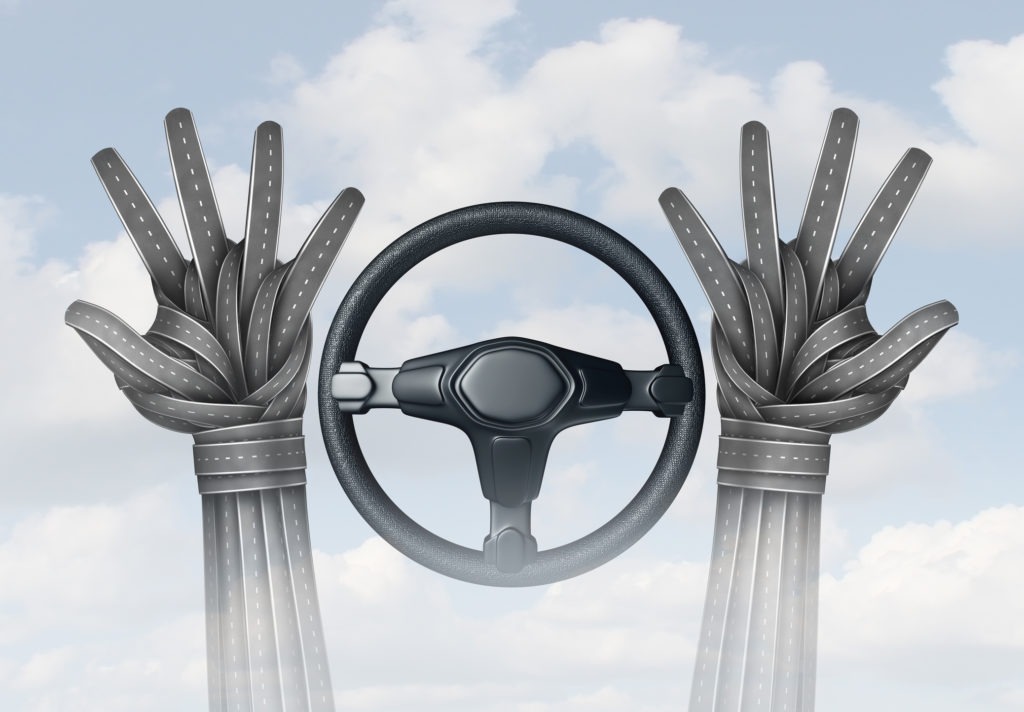Germany to allow self-driving vehicle testing on its public roads
15 May 2017

15 May 2017
As a country with the largest concentration of EU vehicle manufacturers, Germany has been slow to approve testing of autonomous technology on public roads. However, the upper house of the country’s parliament has now approved a law setting out the conditions under which they could take to highways.
The country already offers limited and controlled public areas for testing of driverless vehicles, however the new rules will give manufacturers more freedom to develop their cars in real-world conditions. However for the purposes of testing on roads with other users, the cars will be self-driving rather than driverless, with a human present to take control as and when required.
The new legislation requires that a black box record the journey underway, logging whether the human driver or the car’s self-piloting system was in charge at all moments of the ride. The box will be crucial in apportioning blame should an accident occur during testing, by telling authorities whether it was under human or computer control at the time.
Should anything happen, responsibility will fall on the driver if they are in control, according to the new legislation. However, if the self-driving system is in charge and a system failure is to blame, it will be the vehicle manufacturer who becomes liable. This echoes a discussion concerning who is at fault within the vehicle insurance industry when it comes to autonomous vehicles, proportioning blame in an accident.
German politicians will review the new law in 2019, when it will take into account advances in self-driving technology.
With the European Union keen to promote itself as a leader in autonomous vehicle technology, Germany’s position concerning testing on public roads was one of the major issues in promoting that projection of dominance. The country’s vehicle manufacturers are already pressing ahead with ways to introduce autonomy into their fleets, with BMW partnering Intel and Mobileye to introduce driverless cars by 2020, while technology supplier Bosch has partnered with Nvidia to bring autonomous technology to Audi and Daimler vehicles.
In the US, the City of New York is the latest area to allow autonomous vehicle testing on its roads, albeit with a number of restrictions. Manufacturers will require a $5 million (€4.5 million) insurance policy, will also be required to submit reports to the state, be overseen by the state police and pay them for supervising each test. Companies will also not be able to test in construction or school zones and must adhere to a predesignated route shared in advance with the state.
New York governor Andrew Cuomo comments: ′We are taking a careful yet balanced approach to incorporating autonomous vehicles on our roads to reduce dangerous driving habits, decrease the number of accidents and save lives on New York roadways.’